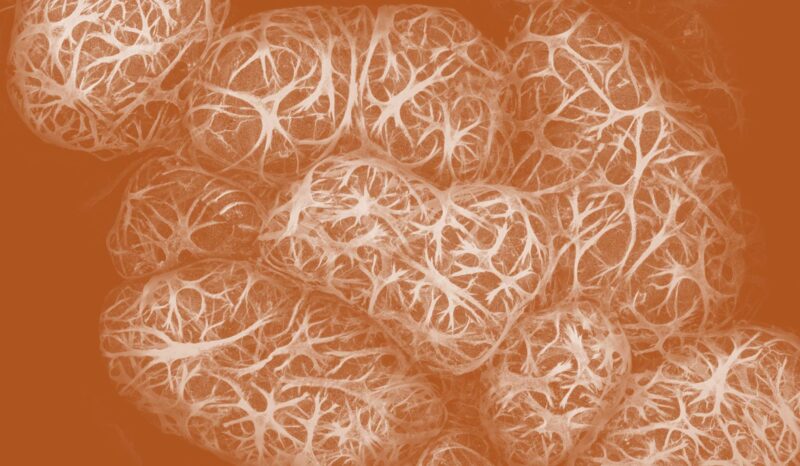In most cases, when people get infected with SARS-CoV-2, the virus that causes COVID-19, the immune system quickly marshals its defences. The symptoms remain modest and clear up quickly, after the infection is eliminated. However, in some patients this defence does not work as effectively, and the patient will develop severe disease.
Importantly, we still do not understand what aspects of a person’s immune response result in mild versus severe infection and, critically, we do not know how long COVID-19 immunity lasts and protects people after they have recovered.


